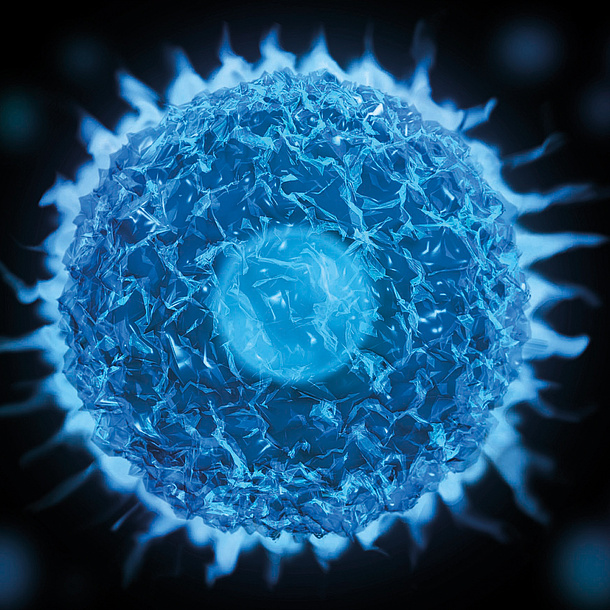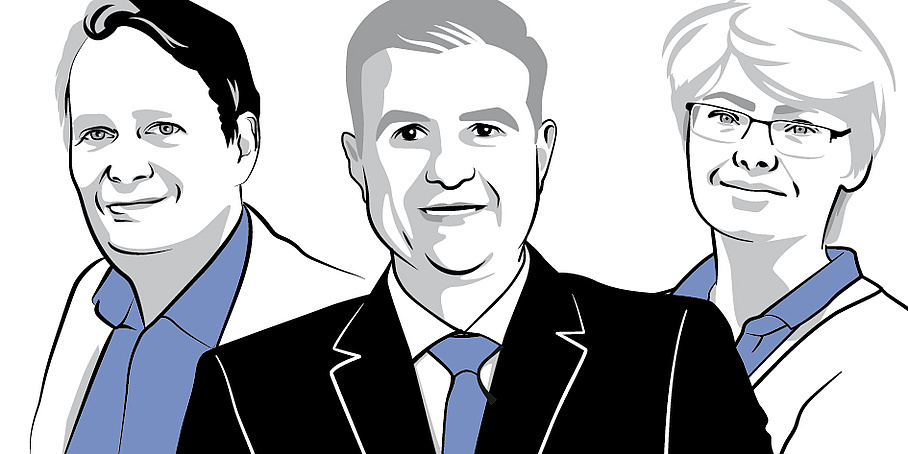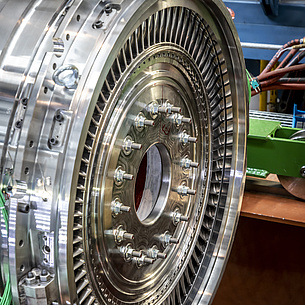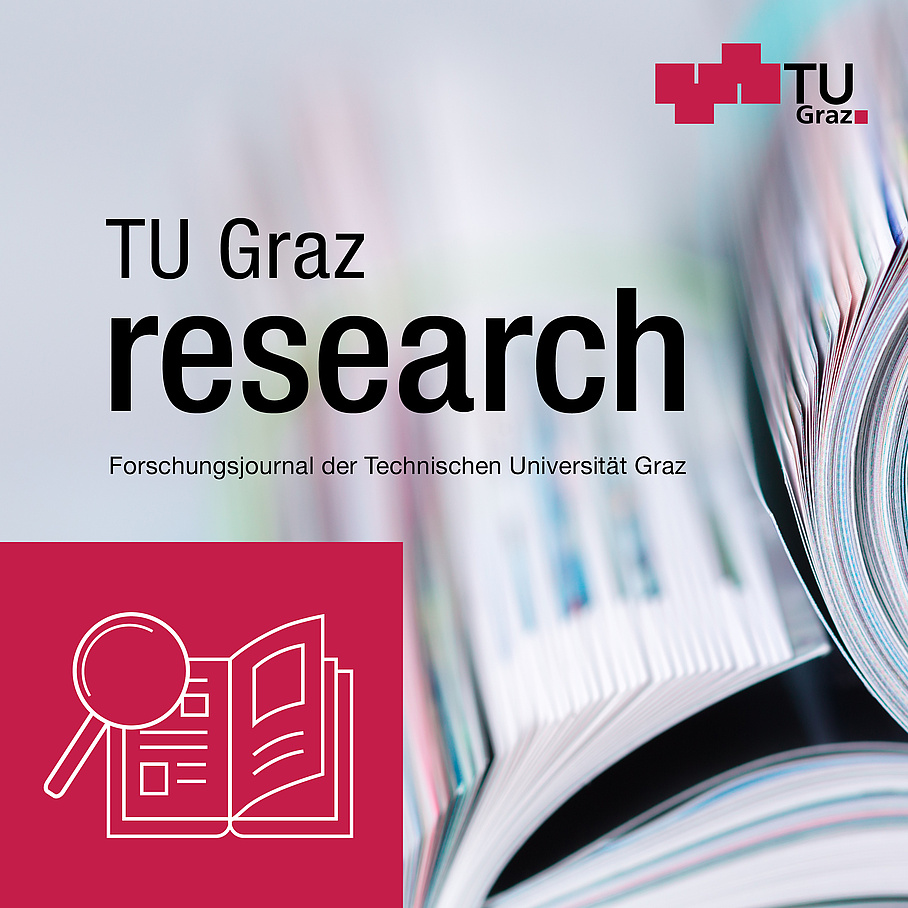TU Graz events
For researchers at TU Graz
Research Topics
Development of new materials and processes
Development of new materials and processes
- Electrode, electrolyte and separator materials for batteries and accumulators
- Materials for hydrogen technologies: Generation, storage, and fuel cells
- Inorganic and organic semiconductors
- Paper and pulp technology: Production, strength, transport processes, applications
- Food packaging materials
- Metallic materials for energy applications and lightweight construction
- New joining, forming, and additive manufacturing processes
- Polymers and new polymerization techniques
- (Thin film technologies)
- Porous materials – Metal organic frameworks, metals, and semiconductors
- Sensor materials and microfluidics
- Bio-based and biodegradable polymers
- Organic, hybrid and perovskite solar cells
- Ceramic sensors and piezoelectric components
Microanalytics and nanoanalytics, structure determination
Microanalytics and nanoanalytics, structure determination
- Diffraction and scattering methods (light, X-ray and synchrotron radiation)
- Analytical electron microscopy
- Advanced spectroscopy for gas, liquid, and solid phases
- Surface analysis
- Thermomechanical tests and thermoanalysis
- Micro computed tomography (μ-CT)
- Surface area and porosimetry
- Trace analysis
Materials modelling
Materials modelling
- Multi-scale materials modelling
- Understanding and prediction of structures and properties of materials
- Optimisation of casting, forming and joining processes by numerical simulation
- Design of materials and processes via machine learning and artificial intelligence
New Projects with TU Graz
RESEARCH & TECHNOLOGY HOUSE
Mandellstraße 9/II
8010 Graz, Austria
Map
Christoph ADAMETZ
Dipl.-Ing.
Phone: +43 316 873 6033
christoph.adametz@tugraz.at
Research Successes
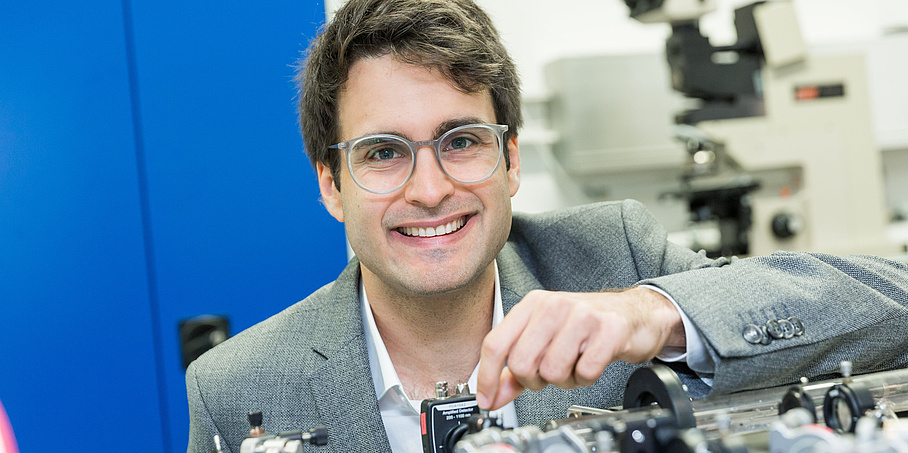
ERC Starting Grant: EUVORAM – Marcus Ossiander
In his ERC Starting Grant project, Marcus Ossiander is researching and developing a new nano-optic for ultracautery microscopes. This could open up many possibilities: For example, investigating solar cells, improving catalysis and other chemical reactions or finding out how fast digital communication can actually be.
Duration: 1 January 2023 to 31 December 2027
Further information:
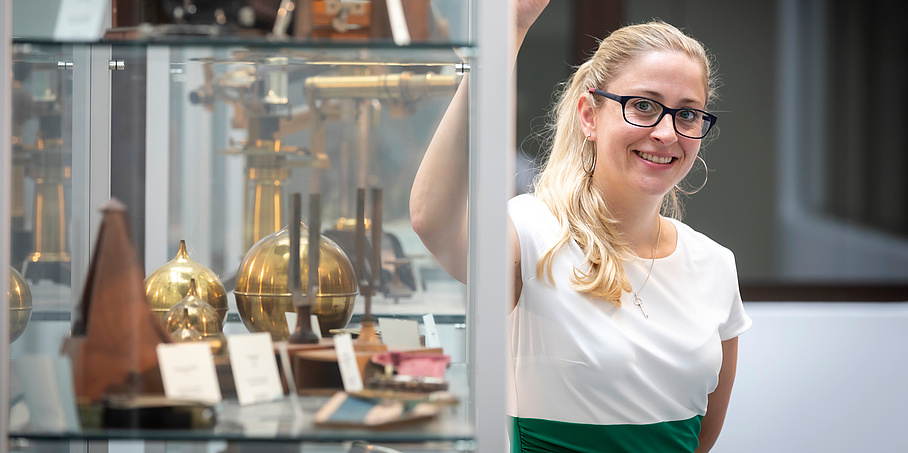
ERC Starting Grant: ELFIS – Birgitta Schultze-Bernhardt
In her ERC Starting Grant project, Birgitta Schultze-Bernhardt is investigating the interaction between UV light and matter in a spectral range that has been little researched to date. The results could be used in atmospheric research.
Duration: 1 May 2021 to 1 May 2026
Further information:
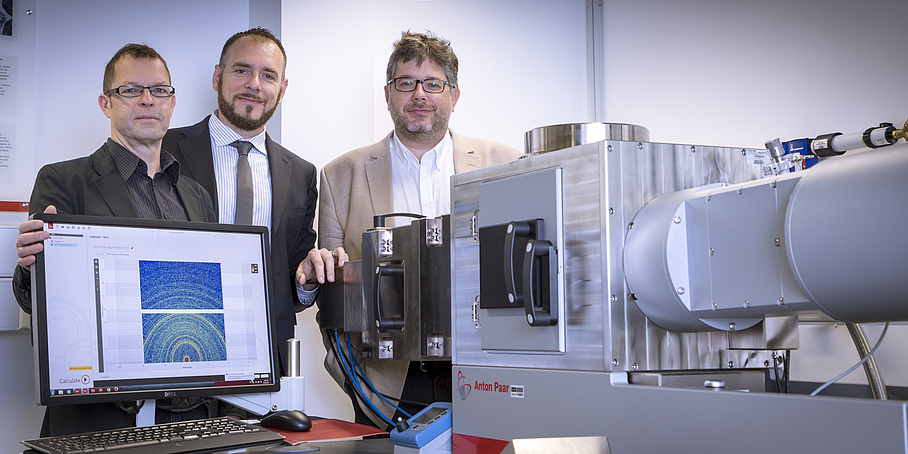
Leadproject: Porous Materials @ Work for Sustainability
In the lead project Porous Materials @ Work
, a multidisciplinary consortium consisting of TU Graz researchers from the areas of physics, chemistry, materials sciences, electronics and biotechnology is working on improving the fundamental understanding and developing new applications of porous materials.
Coordination: Univ.-Prof. Dr. Paolo FALCARO
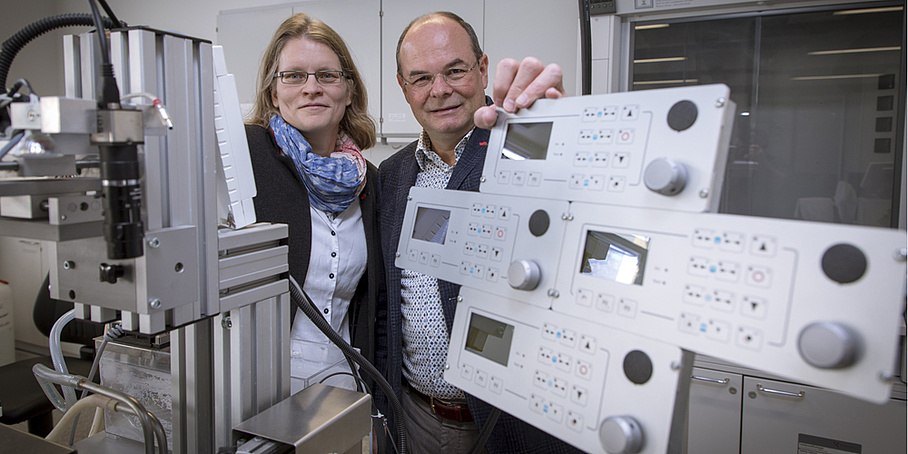
Finished Leadproject: Mechanics, Modeling and Simulation of Aortic Dissection
In this lead project, TU Graz researchers from biomechanical-, civil-, electrical-, and mechanical engineering, computer science, mathematics, and physics are applying themselves to the further development of computer simulation of aortic dissections.
Coordination: Univ.-Prof. Dr. Gerhard A. HOLZAPFEL and Univ.-Prof. Dr. Katrin ELLERMANN
Christian Doppler (CD) Laboratories
CD labs within the Field of Expertise:
- Structured Matter Based Sensing
- Design of High-Performance Alloys by Thermomechanical Processing
- Direct-Write Fabrication of 3D Nano-Probes
- Organo-Catalysis in Polymerization
- Mass transport through paper
- Waste-based geopolymer construction materials in the CO2-neutral circular economy
- New Semiconductor Materials Based on Functionalized Hydrosilanes
Completed CD labs:
Research Infrastructure
Soft Matter Application Lab
Equipment: SAXS-/WAXS-/GISAXS-system SAXSpoint 2.0, Particle size analyzer Litesizer 500, Atomic Force Microscope Tosca 400, Density meter DMA 4500 M, Refractometer Abbemat 550, Polarimeter MCP 500, Modular Compact Rheometer MCR 502, Bioindenter UNHT3 Bio, Electrokinetic analyzer for solid surface analysis SurPASS 3
Austrian SAXS beamline at Elettra
The small-angle facility at TU Graz is set up at the 2 GeV storage ring ELETTRA in Trieste, Italy, and allows sub-millisecond measurements of fast phase transitions.
FELMI
The Austrian Centre for Electron Microscopy and Nanoanalysis focuses on the microscopic characterisation of materials and the application of microscopic examination methods. The focus is on material microscopy with electrons, ions and light, as well as methods of micro- and nanoanalysis.
Degree Programmes and Continuing Education
Degree Programmes and Continuing Education
Bachelor's Degree Programmes
- Mechanical Engineering and Business Economics
- Mechanical Engineering
- Chemistry
- Physics
- Geosciences
- Chemical and Process Engineering
- Electrical and Electronics Engineering
Master's Degree Programmes
- Advanced Materials Science
- Technical Physics
- Physics
- Technical Chemistry
- Chemistry
- Mechanical Engineering
- Mechanical Engineering and Business Economics
- Chemical and Process Engineering
- Geosciences
- Electrical Engineering and Audio Engineering
- Environmental Systems Sciences/Climate and Environmental Monitoring
- Biorefinery Engineering
- Geotechnical and Hydraulic Engineering
- Chemical and Pharmaceutical Engineering
Doctoral Programmes and Further Education
Doctoral Programmes
University Certificate Programme for Continuing Education
- Paper and Pulp Technology, part-time
